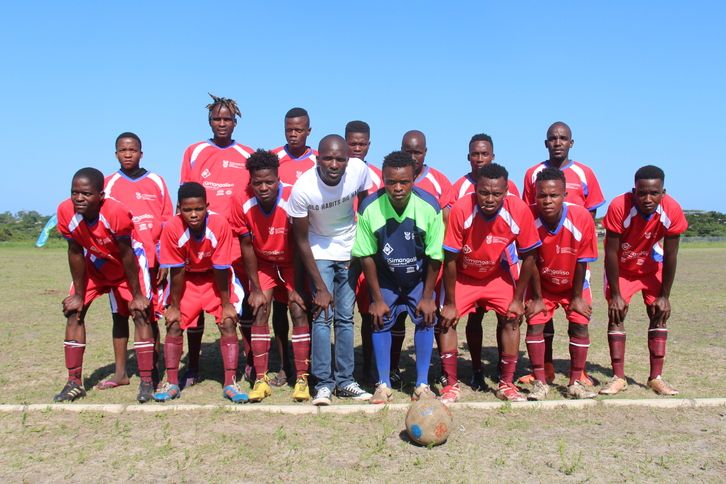In rural South Africa sport provides an education in sustainability
The adage that one should think globally, but act locally is particularly true for sustainability and conservation.

The adage that one should think globally, but act locally is particularly true for sustainability and conservation.
And one local environmentalist in South Africa decided to take this idea on board and use sport as a way to educate locals about sustainable practices. Raymond Langa, living near St Lucia on the country’s east coast was so concerned with the environmental problems in his community that he decided to take matters into his own hands.
“I am always frustrated by the environmental degradation activities taking place in areas of significance for conservation”, said Mr. Langa.
“My area has many wetlands with an abundance of wildlife, seasonal birds and waterfowl. I have identified one area which is very significant to the entire village, but households living next to it dump all types of filth into it”.
Mr. Langa has teamed up with the iSimangaliso Wetland Park to teach locals about the importance of sustainability and environmental protection. The Park is a UNESCO World Heritage Site, spanning 1,270 square miles across the coast; roughly twice the size of London. The park itself is home to a huge range of biodiversity, including coral reefs, dunes, forests and rare animals, such as the black rhino, African leopard and dolphins.
Their idea was to host a sports event on the grounds of one of the villages which borders the southern section of the World Heritage Site.
The iSimangaliso and Dukuduku tournament, organised by Langa, consisted of football and netball for schoolchildren. At the same time, workshops were hosted on conservation, environmental care and sustainable tourism.
In a sign that the initiative was already paying dividends, one participant told the Zululand Observer: “I have gained more than I was expecting to from today’s game. I learned the importance of iSimangaliso and why the youth should protect the environment”.
Image Credit: Zululand Observer


